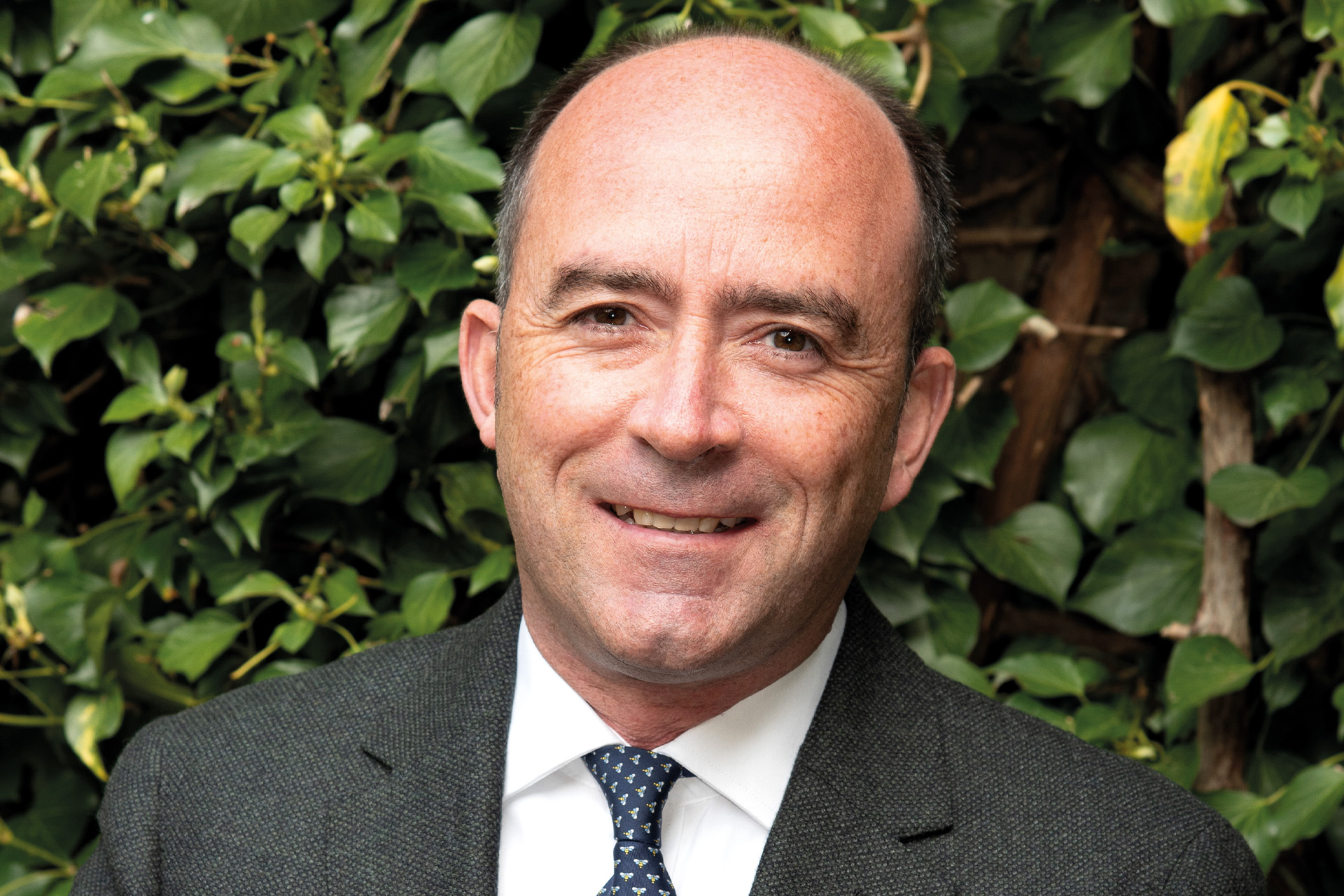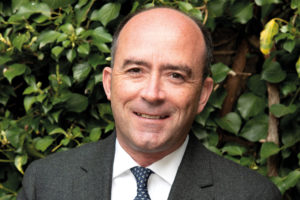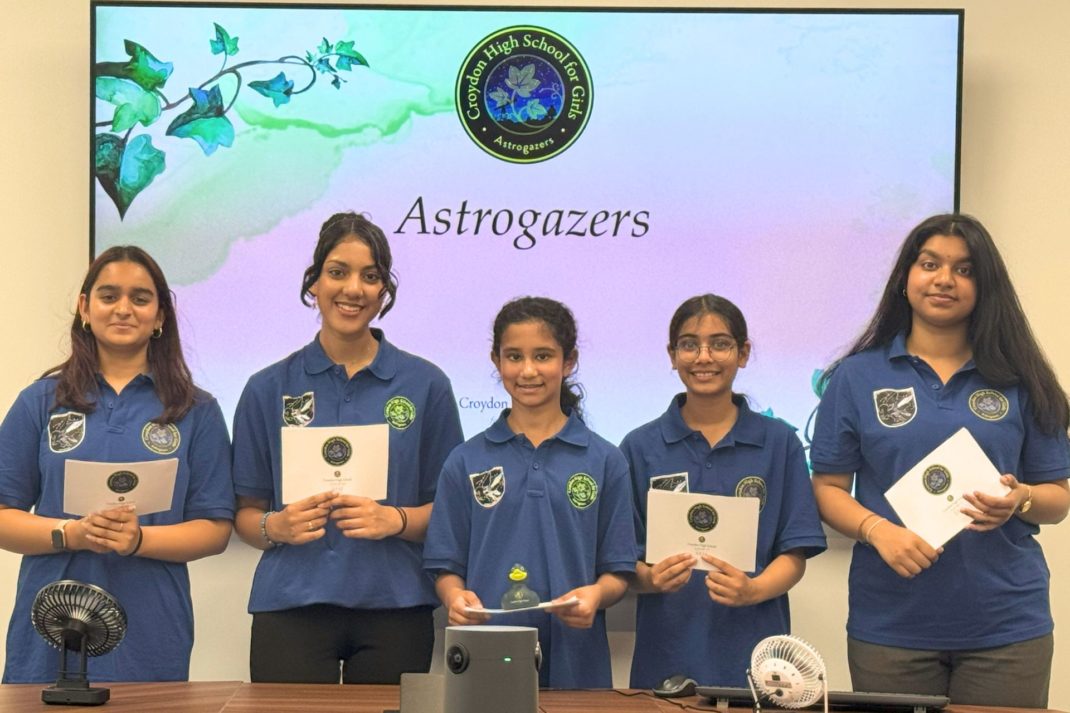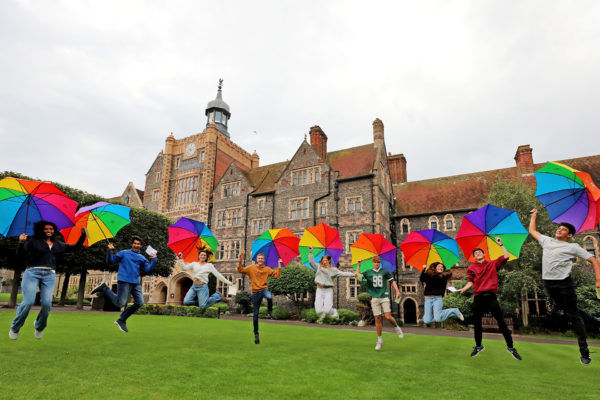How Is Creativity Key to Education?
By
2 years ago

Curiosity and creativity are key to education, says Kevin Doble, Principal of Northwood Schools (BROOMWOOD from September)
How do you define an excellent education? One that gets its pupils into the ‘right’ senior school or university or one that treats education as a voyage of discovery for young people? A school where children demonstrate great academic ability but are wracked with a fear of failure? Or one that unearths the passions of its pupils and prepares them to become intellectually curious people who will take risks and go on to lead rich and interesting lives. It’s obvious where my allegiances lie, and here is why.
The Clarendon Commission of 1864 celebrated nine public schools for imbuing in their pupils a strong sense of character, a capability and desire to engage in a range of disciplines and interests, and a love of healthy sports and exercise. The best schools offered a broad education, where academic study was on a par with an appreciation of cultural pursuits, the development of good character, and rigorous, healthy physical growth and teamwork. Feeder Prep schools sought to emulate this by building curricula that mirrored and reinforced these ‘Clarendon’ values.

Kevin Doble
This all changed in the late 20th century. With demand exceeding supply, senior schools resorted to assessment for admission and, ultimately, a significant number of secondary independent schools became selective.
In feeder Prep Schools, the wide curriculum of games, liberal arts study and wider creative indulgence was gradually supplanted in favour of a school’s stated ability to prepare for senior school admission tests and get results. Sports, school plays and occasional talks on wide-ranging topics were still offered, but the wider curriculum shrunk, and the emergent priority became preparation for assessment with its relatively narrow form of cognitive and academic focus.
The consequences of this shift to persistent and pervasive assessments and measurement have been disastrous for the children’s mindsets.
Many Prep Schools now produce children who might score very highly but who are averse to trying different or difficult things because to do so could be associated not with the possibility of enjoyment and engagement, but with the possibility of failure. They are reluctant to ‘have a go’.
Alarmingly, studies show that the UK has some of the unhappiest children in the world, which I believe is directly connected to the educational culture we expect them to endure. While we do need to prepare them for tests and assessments, not all will achieve the highest scores. If success is only about a narrow form of attainment, then many children will feel that they have failed at the most vulnerable age, when they ought to be exploring their as-yet undiscovered talents, interests, skills and, indeed, intelligences.
We need to help children believe that there are multiple ways to succeed by providing a rounded set of experiences so that each child enjoys and endures both success and failure, sees that not everybody is the same and that strengths and skills are developed at different ages and in varying degrees of intensity.
Prep schools should return to what the Clarendon Commission recognised as a truly excellent education and provide opportunities for pupils to discover their passions, to spark curiosity and creativity through time to ‘stop and stare’, and critically, give them permission to be true to themselves rather having to conform to a narrow definition of success. After all, future generations of adults will need to access multiple and eclectic intelligences and banks of creativity if they are to flourish and be happy.
As educators of Prep-aged children, we have a duty to articulate to parents the importance that was recognised by the Clarendon commission, of looking at education in terms that are broader than just academic attainment or moving on to the next stage.
Not only is it about giving children a proper shot at childhood, but it’s also about building a happier, more resilient society for us all.






